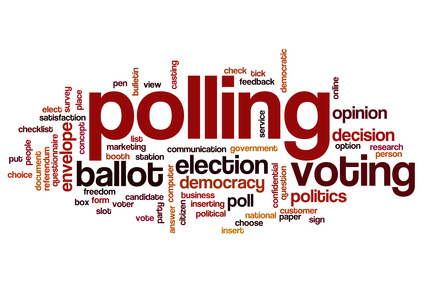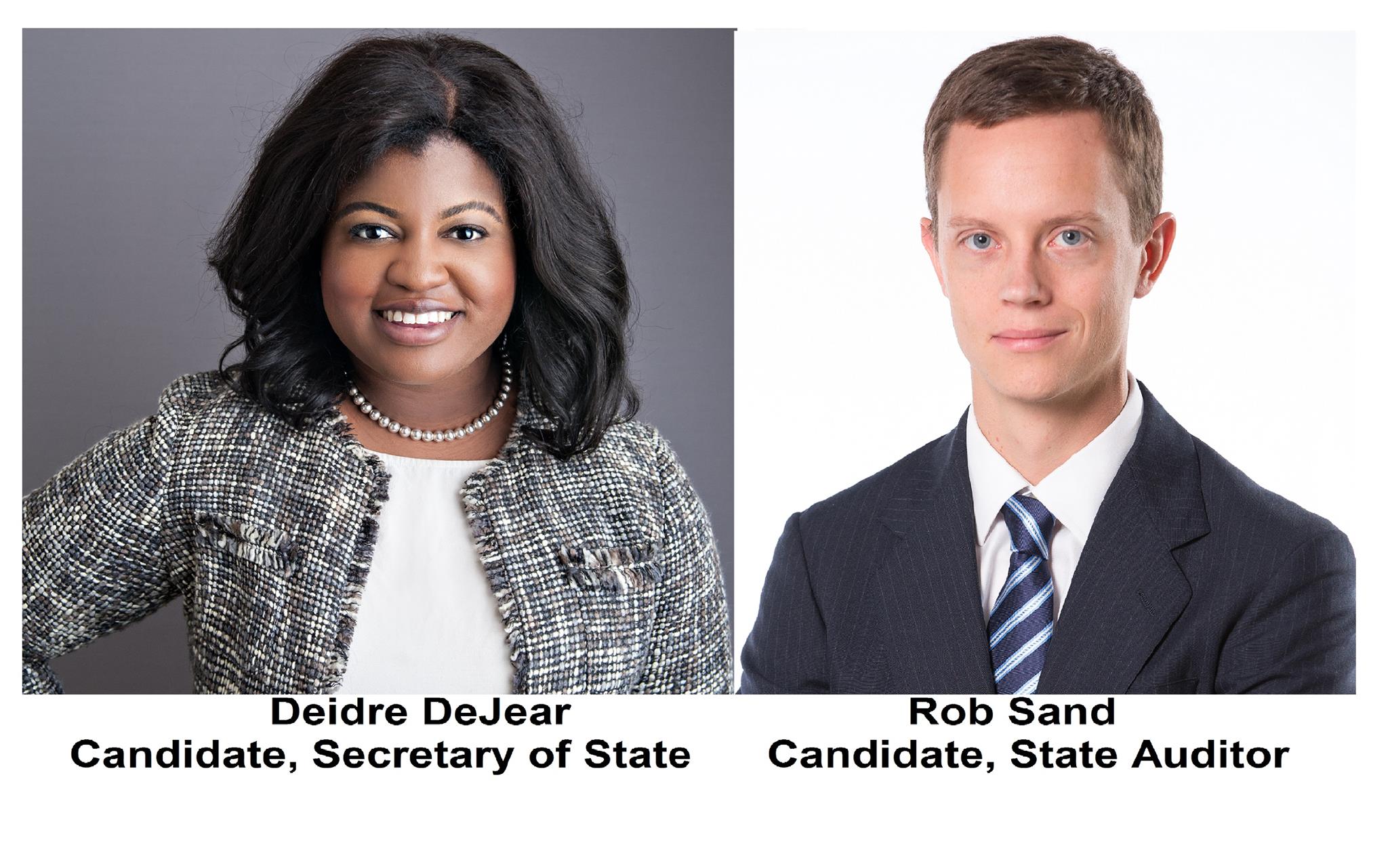Jeff Merkley pulled ahead in the Oregon Senate race, which brings the Democrats a sixth seat gained in the upper chamber. (The others were in New Hampshire, North Carolina, Virginia, New Mexico, and Colorado.)
We are headed for a recount in Minnesota, where Norm Coleman leads Al Franken by 0.03 percent of the vote. What is wrong with the 400,000+ people who voted for independent candidate Dean Barkley?
Absentee and provisional ballots are still being counted in Alaska, where seven-time convicted felon Ted Stevens has a narrow lead over Mark Begich. They sure like their Republicans in Alaska.
The Georgia Senate race will go to a runoff in December, but Republican incumbent Saxby Chambliss has to be heavily favored over Jim Martin.
If I could choose only one of the late-to-be-determined races to win, I would pick Oregon. Merkley has been very effective in the Oregon legislature and is going to be a huge asset to progressives in the Senate. Also, he is likely to have an easier time holding this seat than our candidates would in AK, MN or GA.
There are still a few U.S. House races to be determined. It looks as if Democrats will end up with a net gain of about 19 or 20 seats, which gives them a solid majority of about 250 (there are 435 seats in the House of Representatives).
However, there’s no getting around the fact that many analysts were forecasting Democratic gains of 25 to 30 seats before the election. Republicans have to feel good about protecting most of their incumbents from the Obama wave. The Democrats did not make enough of a case for why a Democratic Congress would be a force for good, and the Republicans may have energized their base with warnings about one-party rule.
As for the presidential race, some of John McCain’s staffers and conservative talking heads are already trying to blame Sarah Palin for dragging down the Republican ticket. They are complaining about her clothes shopping spree and her refusal to accept preparation for her interview with Katie Couric. I agree that Palin hurt McCain, but get real: whose fault is it that such an uninformed, unprepared candidate was on the ticket?
If Fox News goes along with the effort to discredit Palin (and judging from this clip, they will), it will be interesting to see if the network’s ratings decline. Palin now has a loyal following among ideological conservatives who are the core viewers for Fox. If you watch Fox or listen to any right-wing talk radio, post a comment or write a diary about how the various hosts are explaining McCain’s loss. I am curious to see how many parts of the right-wing noise machine try to undermine Palin, and how many will keep encouraging her to run for president in 2012.
Also, if you know Republicans who were active in supporting a presidential candidate this past year, do you think they would stick with that candidate in 2012, or might they prefer Palin?
Looking to the future on the Democratic side, Clinton White House staffer Mike Lux explains what’s wrong with the conventional wisdom about Clinton’s so-called “overreaching” in 1993 and 1994.
Early analysis of the presidential voting is already appearing. Obama did better than Al Gore or John Kerry among protestants and evangelicals, including frequent church-goers.
At Swing State Project, Crisitunity has already calculated the new partisan voting indices for all 50 states, taking into account the 2008 election results. The partisan voting index looks at the popular vote in each state from the last two presidential elections, and compares that to the nationwide popular vote. So, in a state that is R+5, the share of the vote garnered by Bush in 2004 and McCain this year is about five percent higher than the share of the national popular vote Bush and McCain received.
Although Obama did substantially better than Al Gore and John Kerry in many states, he also outperformed those candidates in the national popular vote. The result is that the change in partisan voting index is minimal for most states. Crisitunity explains,
In most people’s minds, this was a sea change election, a total map-changer… but if you look closely at the underlying data and not just the colors on the TV screen, it wasn’t. Most of the states behaved exactly as you’d expect them to, coming in a few points more Democratic in a year where the Democratic candidate performed a few points better than the previous few Democratic candidates. In other words, most states’ boats were lifted the same amount by the one overall rising blue tide.
There were some big shifts and drops, though; where were they? The states where the PVI most notably shifted to the Democrats were Colorado (+3), Hawaii (+6), Indiana (+3), Montana (+4), Nevada (+3), New Mexico (+3), North Dakota (+3), South Dakota (+3), and Vermont (+5). With the exception of Hawaii (favorite son effect) and Vermont (large 2000 Nader effect falling out of the equation), the explanation for these states seems to be a combination of two factors: Obama’s greater appeal (maybe personality-wise more so than policy-wise) to midwestern and western states, and the fact that the Obama campaign actually put a lot of ground game effort into these states instead of treating them as an afterthought.
Based on the 2000 and 2004 presidential election results, Iowa had a partisan voting index of D+0, meaning the state as a whole closely mirrored nationwide popular voting for president. Dropping the 2000 numbers and adding the 2008 results, Crisitunity calculated a PVI of D+1 for Iowa, meaning our state has a very slight Democratic tilt compared to the national electorate.
This is an open thread for any thoughts you have about the election or anything interesting you’ve read lately about the results.
Continue Reading...





